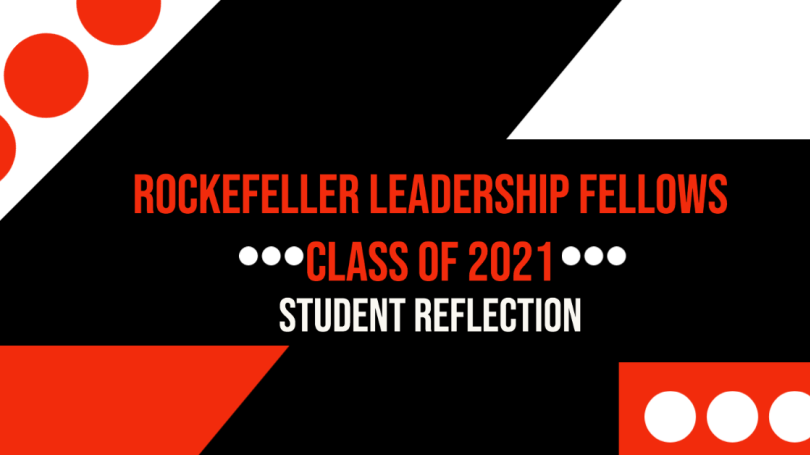
- Public Policy
- Leadership
- Funding
- News & Events
- About the Center
Back to Top Nav
Back to Top Nav
Back to Top Nav
Back to Top Nav
On November 6th, Olivia Lovelace gave a presentation on Leadership and Friendship. According to Olivia, while it is possible to be a friend and a leader simultaneously, it’s important to prioritize being a leader. She believes it’s important to establish clear boundaries and ensure that you never give a friend preferential treatment, or hold back on honest feedback due to friendship. Furthermore, Olivia also encourages leaders to seek out mentorship to help them navigate such challenges.
After watching Olivia’s presentation, I reflected on the boundaries between being a leader and a friend. As both a leader and a friend, one must be there for others, be empathetic, help them when they need it, and mediate conflicts. Shared virtues such as trust, loyalty, honesty, and reciprocity exist, yet there’s a fundamental difference – leaders also have to lead their teams to a shared goal.
Unlike in friendship, where one can simply forgive and move on from most issues, a leader might even have to act against someone in their team when the issues affect the team at large. Furthermore, there is a power imbalance when you’re a leader versus a friend. Even in a position as relatively low stakes as being the UGA of a dorm – the UGA, who is a student, has additional responsibilities and powers over the other students, which they must prioritize over their friendships. While you can be a leader and a friend, showing favouritism to some members over others due to friendship can lead to resentment from others on the team, or even affect the shared team performance.
Overall, I consider leadership and friendship to be like overlapping circles in a Venn diagram, with a sweet spot in the intersection. Unfortunately, the lines can be quite blurry at times, and in reality, if you’re a leader and a friend, it can be difficult to disentangle the professional from the personal.
-Written by Abhimanyu Kapur, Class of 2021 Rockefeller Leadership Fellow
As Rockefeller Leadership Fellows, seniors gain a better understanding of the qualities and responsibilities expected of leaders. As Fellows take part in the workshops, discussions, and team-building exercises, they examine their skills, qualities, and attributes as leaders and analyze how these influence teamwork and achieving goals.